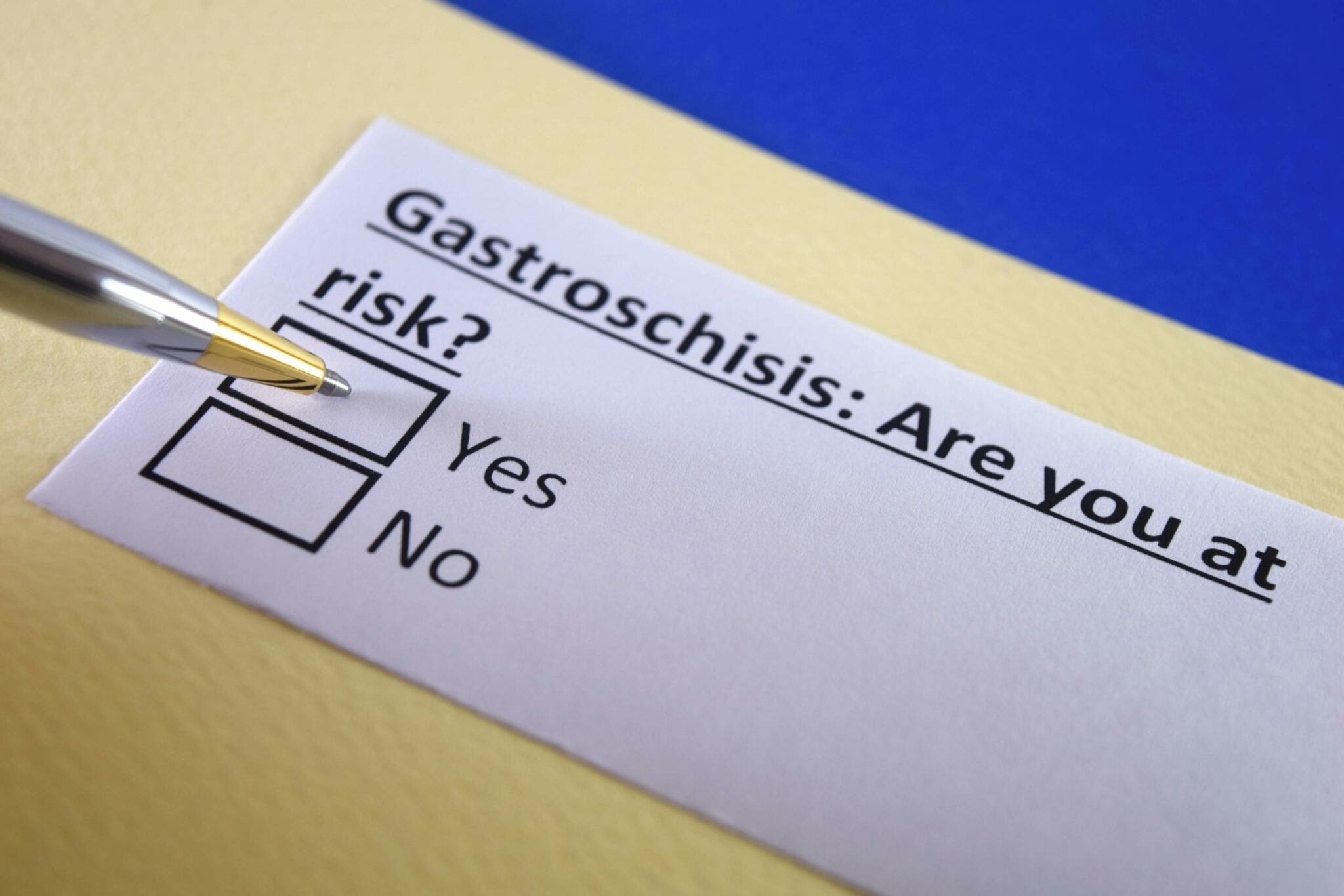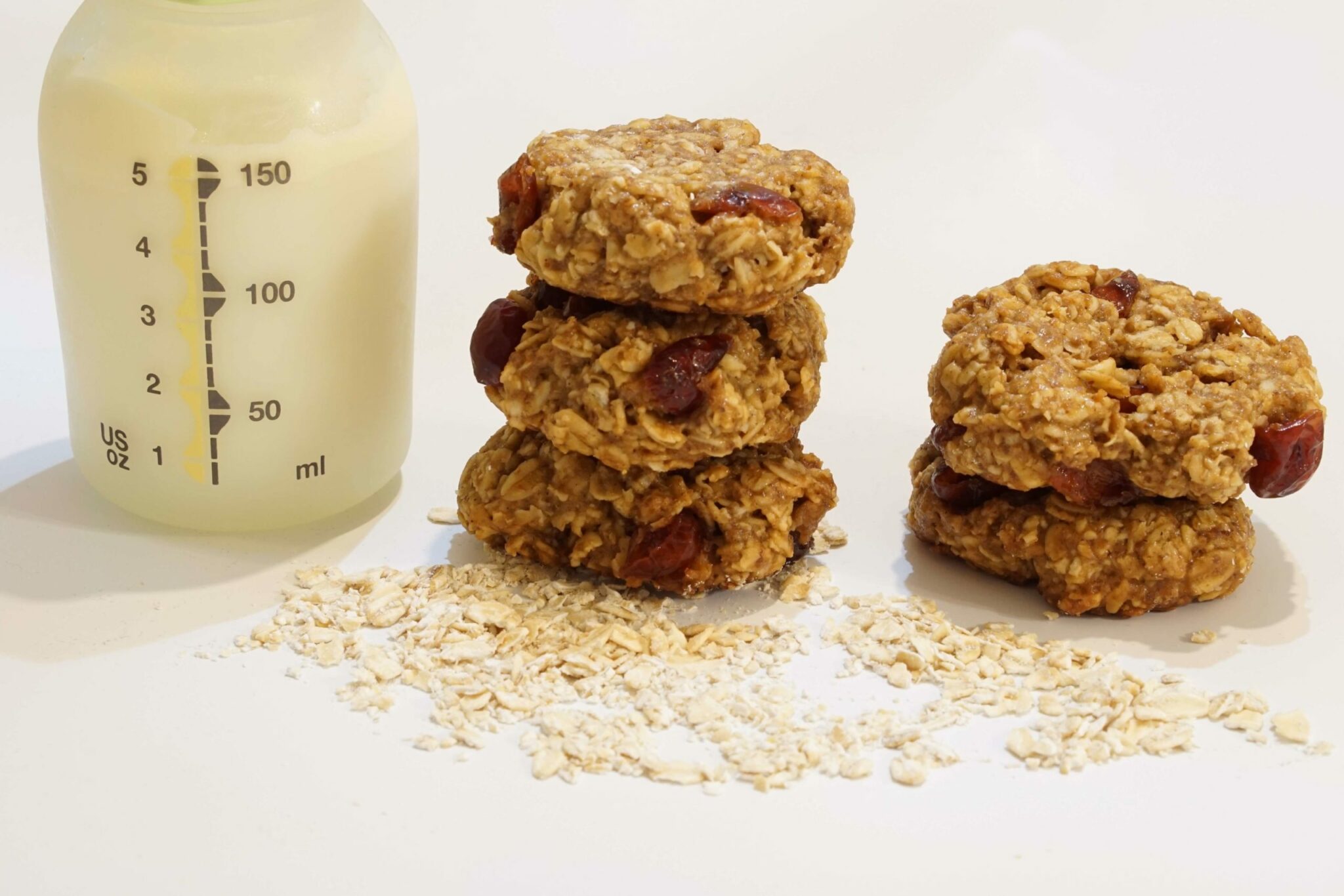13 Facts you Need to Know About Drinking Alcohol and Breastfeeding


Many breastfeeding mothers want to make sure that everything they consume is safe for their baby. When it comes to drinking alcohol, however, there is a lot of conflicting information out there. Some women are told to avoid it completely, and, because of that, abandon breastfeeding. That doesn’t necessarily need to happen.
1. Alcohol is considered compatible with breastfeeding. What this means is that leading organizations, such as the American Academy of Pediatrics and others, do not feel so strongly about alcohol that a woman should stop nursing completely because she has had a drink.
2. Alcohol does cross into breast milk. While this does cross into a mother’s milk, it is in small amounts. The more you drink, of course, the more alcohol will end up in your milk. The alcoholic content in a mother’s milk will peak in 30-60 minutes if no food was eaten, or 60-90 minutes if you did eat while drinking.
3. How long it takes to get out of your system depends on two main factors. It sure would be nice if a general rule about how long it takes for your milk to be alcohol-free were possible. However, two things need to be considered: how much you weigh and if you ate while drinking. The less you weigh, the longer it takes you to metabolize alcohol in your system (for example, it will take a 120-pound woman 2-3 hours to eliminate one drink from her body, but this would be quicker if she were heavier). In addition, drinking and eating at the same time makes your body absorb less, so your peak levels of alcohol are lower.
4. Pumping and dumping is not always needed if you’ve had a drink. Some women think if they pump and dump this will speed up the excretion of alcohol from their milk, but this is not true. You only need to pump and dump if you are away from your baby during the time you’d normally nurse and feel full enough to need to pump (and you don’t plan to save your expressed milk), or if you are so intoxicated that you would not give that milk to your baby (see our last point for more on this).
5. The recommendation to drink a daily beer to increase milk production is a myth. Studies have shown that alcohol has the opposite effect on milk production — it actually decreases it. Likely what causes some response in some women is actually the barley, not the alcohol itself. If you’ve got low milk supply issues, stay away from alcoholic drinks as it could make it worse.
6. Alcohol can inhibit the let-down reflex, which means less milk for baby. Another myth is that a drink can help a woman relax and speed up her let-down reflex. Once again, studies have disproven this and show that babies who feed from moms who drank alcohol actually get less milk per feed. While this probably isn’t an issue in the occasional feed here and there, it could cause problems if mom already has a low supply or her baby has growth issues.
7. It’s true that babies who’ve been exposed to breast milk with alcohol in it are sleepier. Babies who’ve been exposed to a large (such as more than two drinks at a time) amount of alcohol have been known to be drowsier, more lethargic, and have issues with growth and weight gain.
8. Babies sleep worse (and less). How many moms have been told the old wives’ tale that drinking a little before nursing will get some alcohol to baby and help them sleep through the night? Unfortunately, it’s not true. Alcohol affects babies’ sleep-wake patterns, and overall, they sleep less and wake more frequently.
9. A woman with continuous moderate-to-heavy alcohol consumption should not breastfeed. This means if a woman regularly consumes two or more drinks per day (with a drink equaling one 12-ounce beer, a 5-ounce glass of wine, or one shot of hard liquor), her breast milk with this chronic level of alcohol in it may not be good for her baby. Drinking this frequently is not good for her health either, so cutting back can be beneficial on many different levels.
10. Those over-the-counter milk test strips to measure alcoholic content don’t work. They will test positive at extremely low levels of alcohol, including those that would not be a harmful level for a baby to feed from. It is better to go with the rule that if you feel sober enough to drive, you are sober enough to nurse.
11. Be more cautious if your baby is preterm, very young, or ill in any way. Of course, these rules might be too liberal if a baby is very young or has any complicated medical issues. It’s best to check with your pediatrician in these cases.
12. Telling women they have to give up all alcohol if they want to breastfeed puts unnecessary barriers in their way. There are already enough traps out there when it comes to breastfeeding (such as the nursing in public debate). Let’s not make it more complicated when it comes to alcohol!
13. Here’s what you need to know in a nutshell. Occasional light drinking while breastfeeding is fine, as long as you’ve got a healthy baby and a good breastfeeding rhythm. If you feel too intoxicated to drive, you are too intoxicated to nurse and should not feed your baby until you feel better (or pump and discard this milk). Don’t feel guilty for having a glass of wine here and there, but if it’s a regular, moderate habit, you may want to talk to your doctor or try to cut back.
Sources:
- La Leche League International
- The Breastfeeding Answer Book, 3rd revised edition.
La Leche League International - FAQ on Alcohol.
The Academy of Breastfeeding Medicine - Protocol #9: Use of galactagogues in initiating or augmenting the rate of maternal milk secretion.
Powered by Bundoo®










































